
Women in Social Sciences—Sylvia Beyer Interview
In a previous post, we looked at the under-representation of women in research in our interview with Neus Feliu, from the University of Hamburg. We continue this series of interviews with female researchers with this Sylvia Beyer interview. Beyer works as a professor at the University of Wisconsin-Parkside and guest edits the Special Issue of Social Sciences called “Women in Male-Dominated Domains”.
Sylvia Beyer interview
Below is an interview that explores Beyer’s background, interests, and future goals. More broadly, she discusses the position of women in science and reflects on her experience.
How did you first become interested in gender stereotypes?
I was aware of gender stereotypes growing up and wanted to study them, why they exist, what we can do about them, and what effect they have on women. I want my research to have practical implications.
Why do you think there are still gender differences in the world of research?
Everyone has internalized stereotypes. It’s just how our brains work. We automatically categorize others as this simplifies our world. One of the most salient categories is gender. It’s probably the first social category children learn. We then proceed by oversimplify things: “All women do this or are like that.” In other words, stereotypes are partly inevitable but they also serve to maintain the status quo, often resulting in great inequities and discrimination.
What do the terms “gender parity” and “woman empowerment” mean?
In the occupational context, gender parity refers to an equal representation of women and men in different occupations. To me, female empowerment in science means that women are welcomed into science and that their diverse viewpoints are valued. Science is not completely objective. The topics one chooses to investigate are often related to aspects of the self. For example, woman scientists might be more likely to investigate illnesses common in women. Another example is the failure of early voice recognition systems to properly understand women’s voices because they were trained on men’s voices. If women had been on the design teams, this oversight could probably have been avoided.
What are the current opportunities and challenges for women in science?
There are now more opportunities for women in science than in the past, but there are still a lot of obstacles as well. Also, There is the stereotype that women don’t belong in science. There is also the idea that women fear negative consequences for going into science, that they lack the confidence. Other arguments revolve around potential feelings of discomfort due to inhospitable work environments and a lack of suitability of women’s values within the science curricula and environment. On top of that, there are work-life balance issues, discrimination, and sexual harassment.
How do you think society is implicated in “gender parity”?
Society often makes it difficult to achieve gender parity in occupations. Institutions and governments ought to work harder to remove the obstacles in the way of gender parity.
What are you currently working on?
I’ve been doing research on gender differences in self-perception in male-dominated fields for over 30 years, with an emphasis on science for 18. Right now I’m doing a study on gender, conservatism, and politics. I love to do work that has contemporary implications so politics is a fascinating topic for me right now.
What is your long-term research goal?
My goal is to contribute to our understanding of gender issues and to ultimately help make the world a more hospitable place for everyone.
Sylvia Beyer interview
We are grateful for Sylvia Beyer taking the time to answer our questions and for her work. If this Sylvia Beyer interview interests you, or you are interested in seeing the work being published in Social Sciences, see the journal homepage for more.


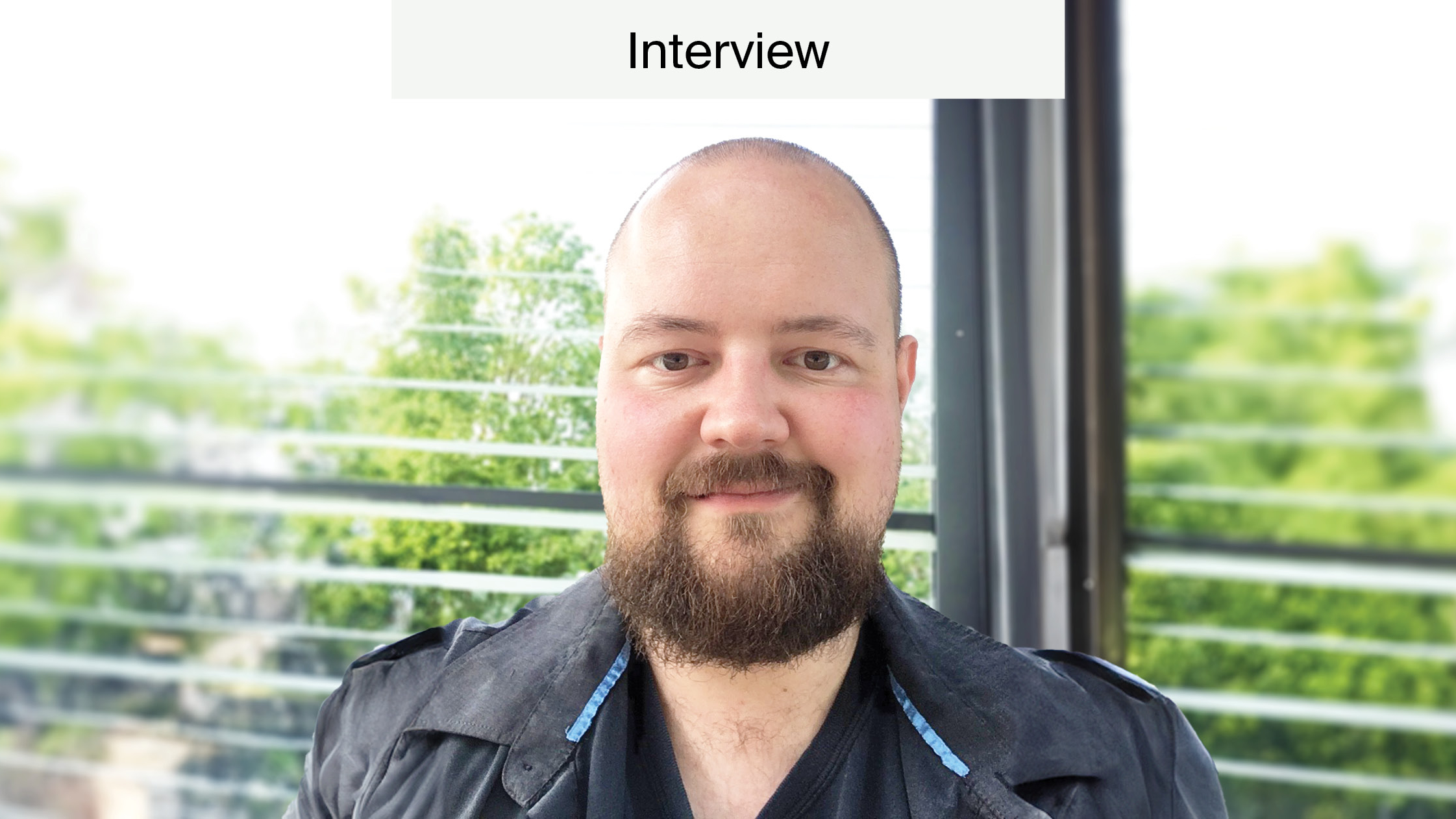

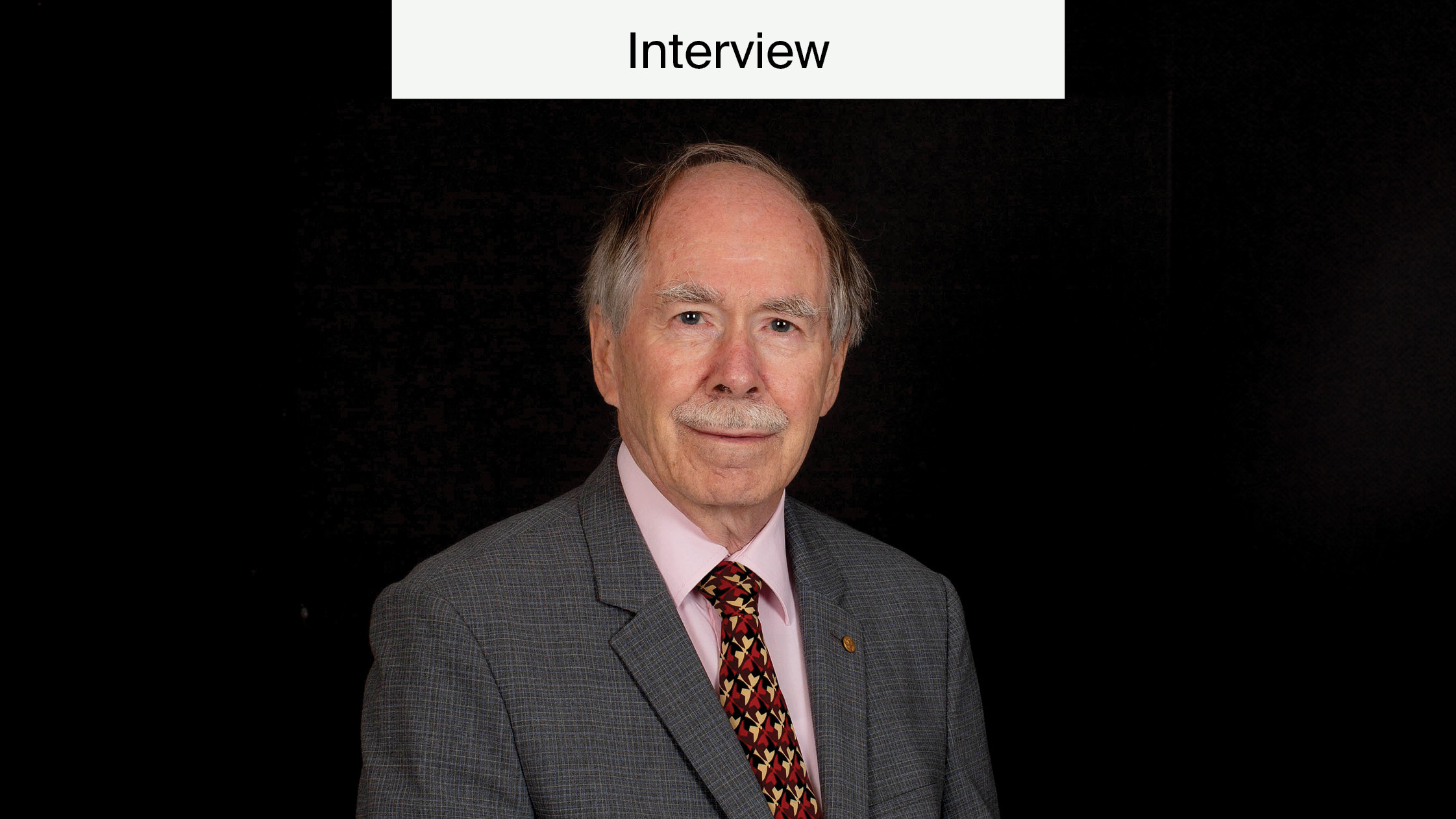
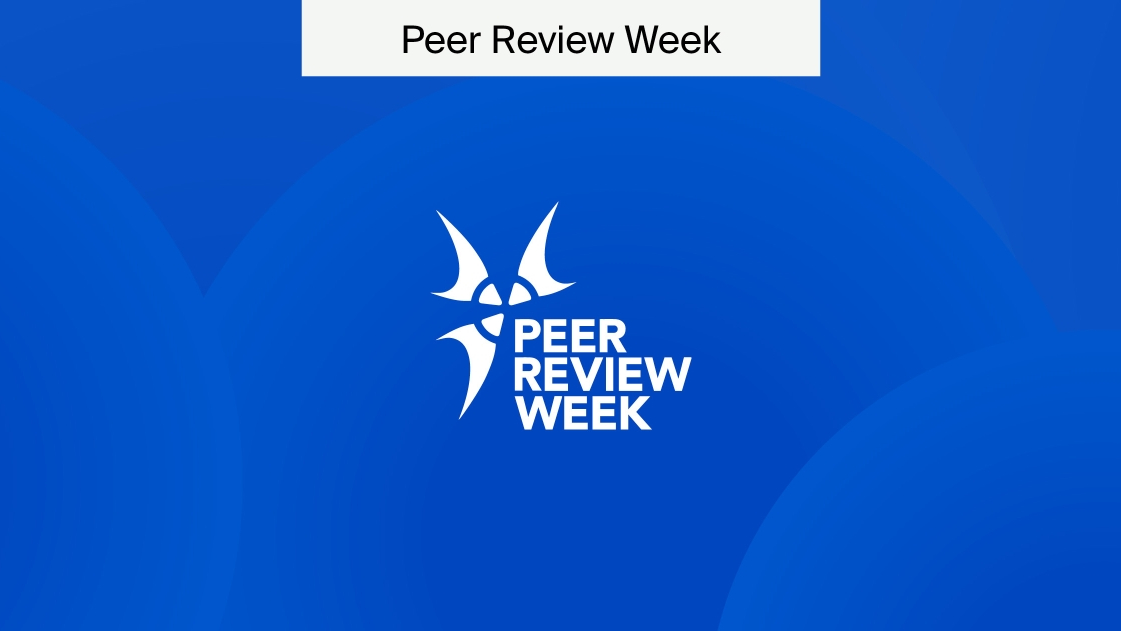
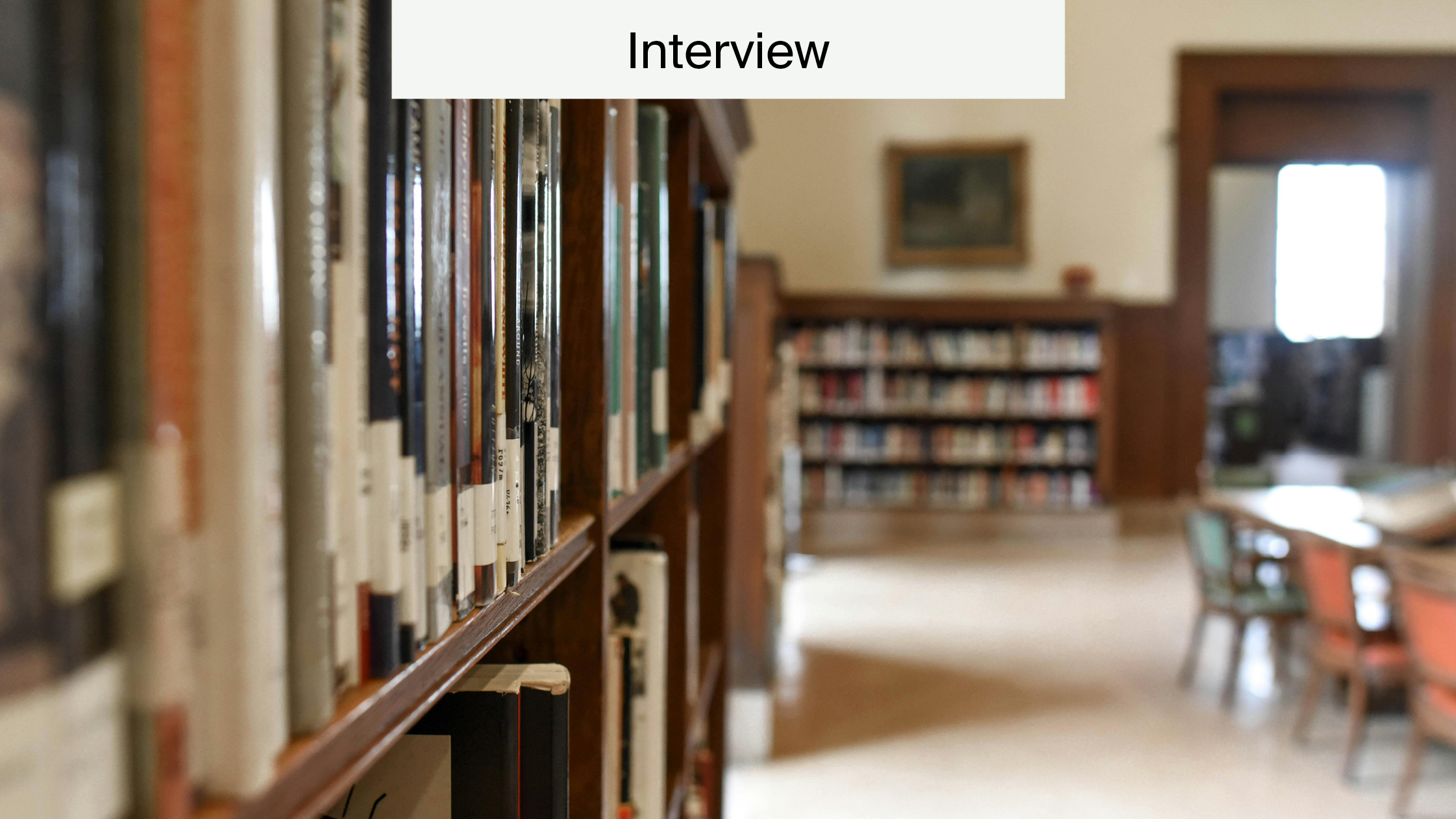
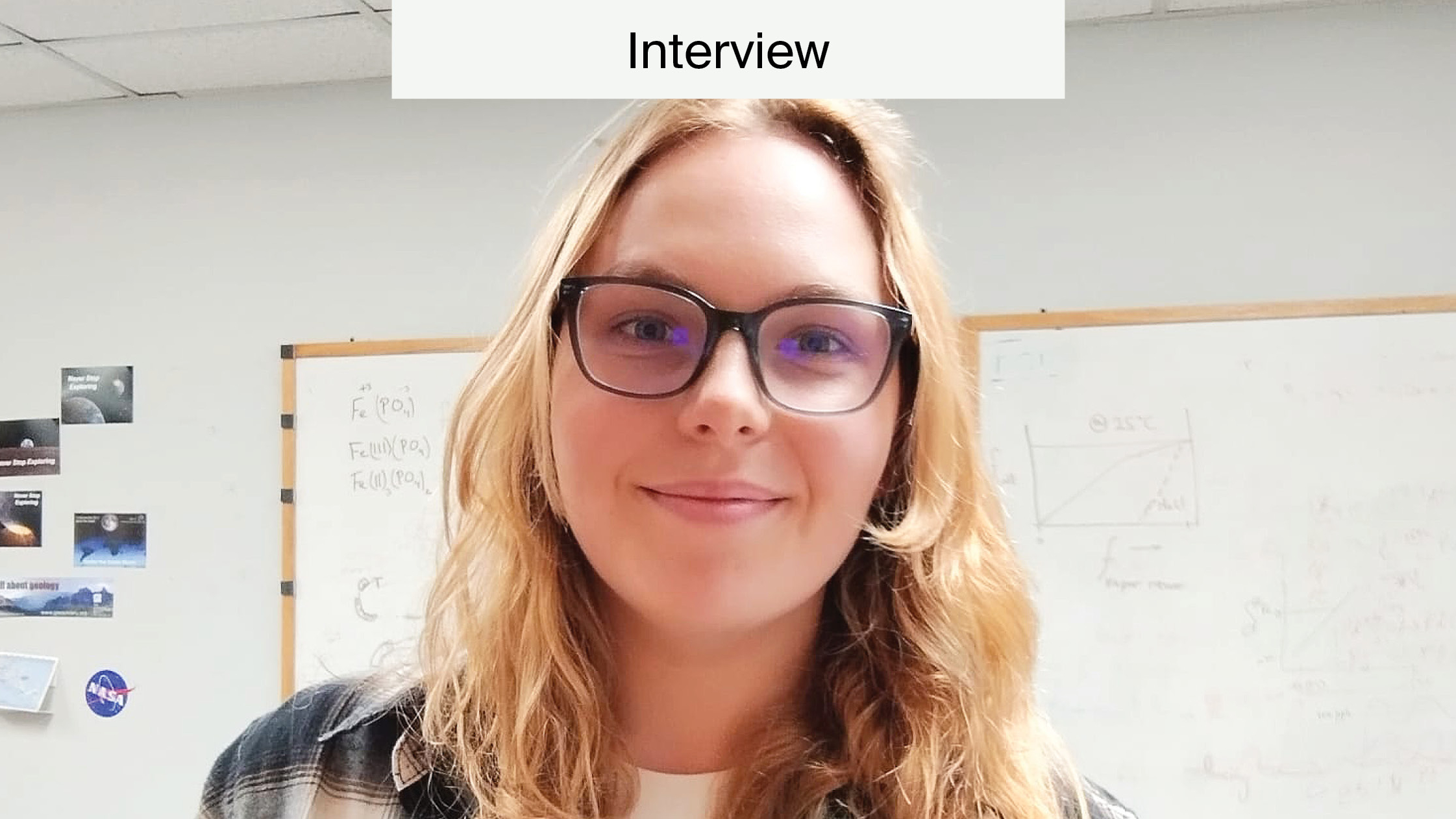



It is really great you have mention good points. I wonder if you can discuss different working professionals from top level to lowest level women, may be that is better.
Even in different countries specially underdeveloped countries.